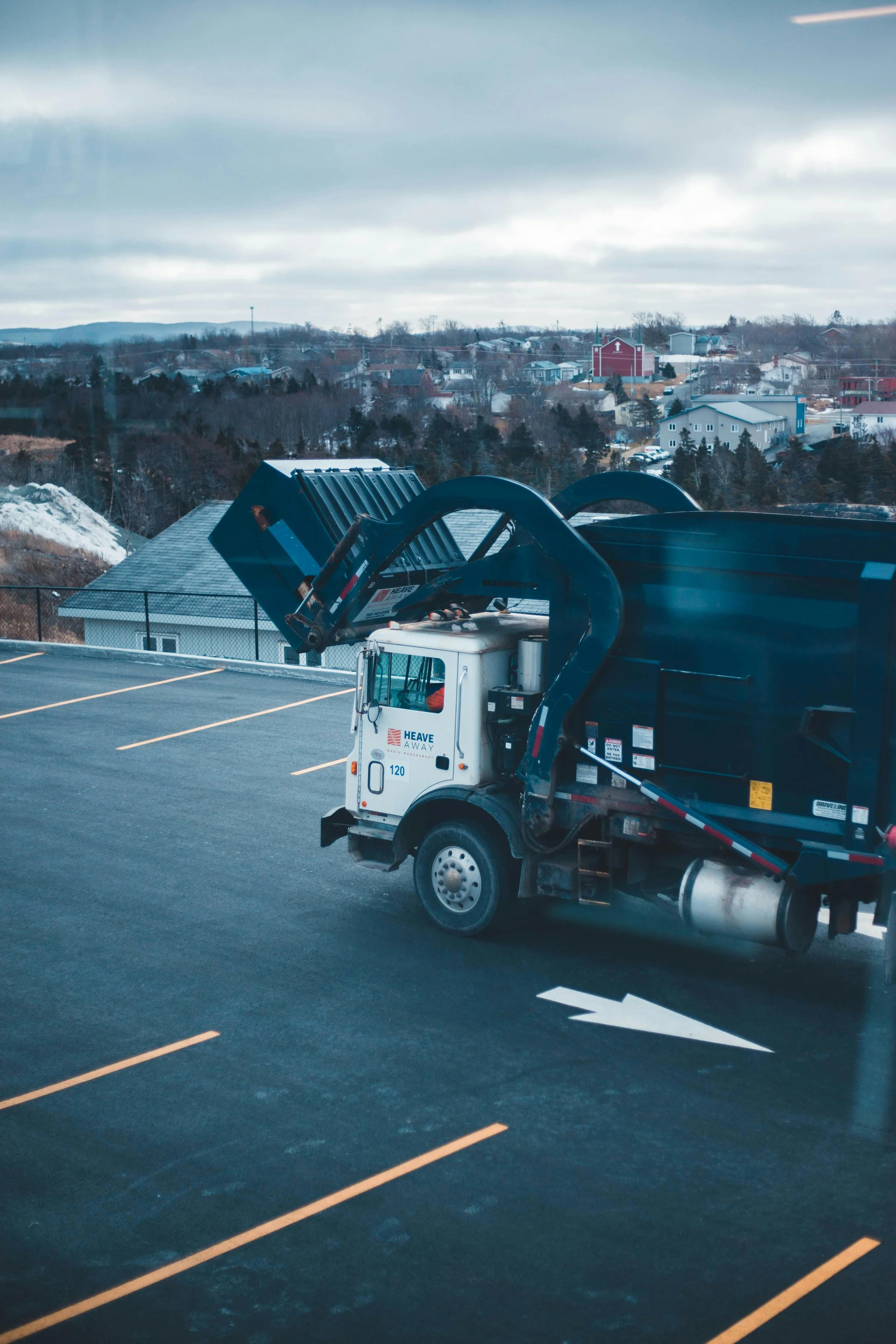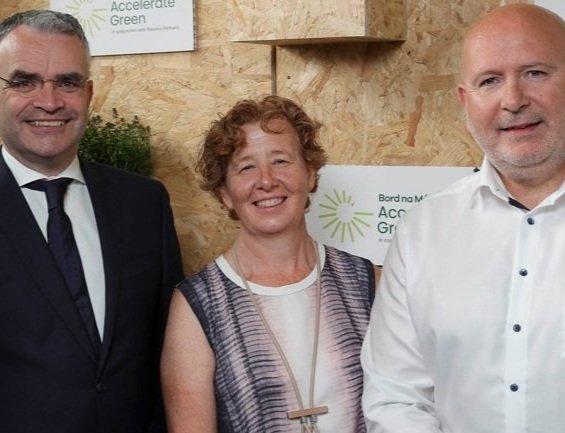Lifting the Load: How Hub360 Supports County Councils on the Road to 2030
As Ireland advances towards its 2030 climate and circular economy goals, county councils find themselves at the forefront of this national transformation. From emissions reporting to waste oversight and compliance with the Circular Economy Act, local authorities are tasked with an unprecedented administrative burden. Yet, staffing and resources remain stretched.
The Illusion of Accuracy: Where Developers Are Falling Short
Across the construction sector, many developers are still relying on outdated emissions tracking methods such as:
Generic emissions factor charts.
Manual reporting from subcontractors.
Fuel consumption estimates not adjusted for terrain, load, or idle time.
Paper logs that are prone to error or manipulation.
Why Project Owners Must Take Responsibility for Emissions Data
Since 2022, under the Corporate Sustainability Reporting Directive (CSRD) and supported by the EU Sustainable Finance Disclosure Regulation (SFDR), the legal obligation to ensure the accuracy of sustainability disclosures—including Scope 1 and Scope 3 emissions—sits squarely with the project owner. That means government agencies, developers, and investors are now directly accountable for the quality, traceability, and audit-readiness of emissions data across their projects.
It is no longer acceptable to shift this responsibility onto third-party contractors, hauliers, or suppliers. If the data used for reporting is incomplete, estimated, or unverifiable, it is the owner entity, not the subcontractor, that will be held liable under law.
Scope 3, Greenwashing, and the Coming Storm for Infrastructure Projects
Public infrastructure projects across Europe are entering a new phase—one defined not by voluntary ESG commitments but by legally enforceable carbon reporting requirements. At the centre of this shift is Scope 3 emissions: the indirect emissions generated by supply chains, transport, subcontractors, and material usage.
With the Corporate Sustainability Reporting Directive (CSRD) now in force and enforcement mechanisms ramping up across EU member states and the UK, organisations relying on estimates or static spreadsheets are on a collision course with regulation.
Insights from CIF Report: The Role of Digital Tools in Construction Waste Management
The "Supporting the Circular Economy Transition in the Irish Construction Sector" report by the Construction Industry Federation (CIF) highlights the growing role of digital tools in waste tracking. Section 3.2: Digital Innovations in Waste Tracking (Page 28) emphasises how advanced technologies can revolutionise the way construction and demolition (C&D) waste is managed, ensuring compliance with Ireland’s 2030 circular economy targets.
As Ireland moves towards stricter waste management regulations, the integration of digital solutions is no longer optional—it is an essential strategy for tracking, optimising, and reporting waste in real time. Digital innovations enhance efficiency, reduce landfill dependency, and help construction firms meet regulatory obligations while cutting costs.
Future-Proofing Construction: How Data-Driven Waste Management Can Give Your Company a Competitive Edge in Public Sector Projects
Ireland’s public sector construction projects are evolving, with sustainability and environmental compliance becoming major factors in awarding contracts. With strict waste reduction targets set for 2030, construction firms collaborating with government agencies need to ensure their waste management practices align with national and EU directives.
For companies aiming to secure more public sector work, staying ahead of regulatory requirements and demonstrating a commitment to sustainable waste management is no longer optional—it’s a competitive advantage.
Waste Management Responsibility for Local Authorities Under the Circular Economy Act 2022
The Circular Economy and Miscellaneous Provisions Act 2022 places significant responsibilities on local authorities when they manage infrastructure or construction projects. Just like private developers, local authorities are classified as the waste producers for any project they oversee, meaning they bear full legal responsibility for managing waste in compliance with strict environmental regulations.
EPA's Circular Economy Program and Hub360: Transforming Construction & Demolition Waste Management in Ireland
Today, the Construction & demolition in Ireland is a priority area of the EPA-led Circular Economy Programme (CEP).
The CEP is focused on waste prevention and best practice in the construction and demolition sector. This is primarily concerned with prevention and management of C&D wastes and resources from design through to construction and deconstruction.
Is Enough Happening in Ireland Today to Reduce CO₂ Emissions from Heavy-Duty Vehicles ?
Hub360 were delighted that Dara Calleary, Minister of State for Trade Promotion, Digital, and Company Regulation was present, as it was suggestion that the CO₂ Emissions from Heavy-Duty Vehicles was something that would be dealt with at some future time.









